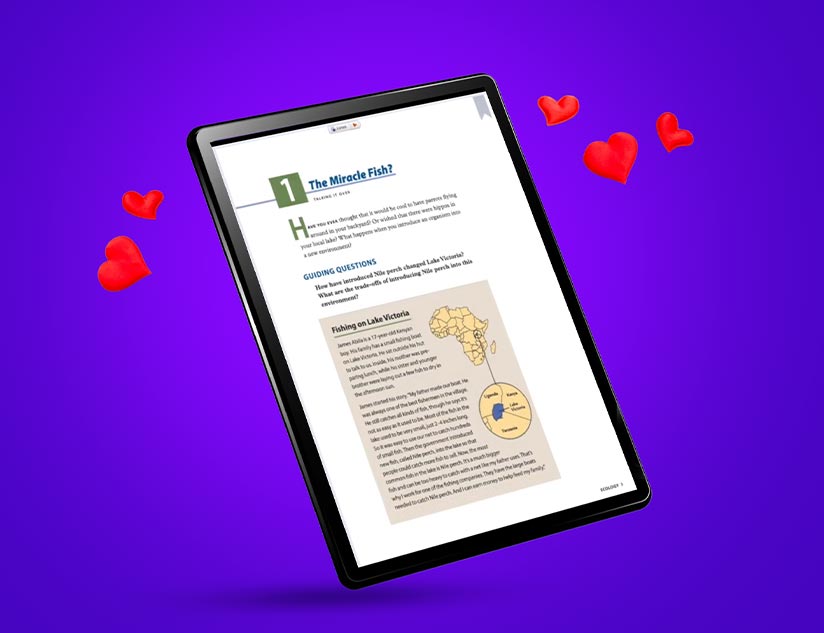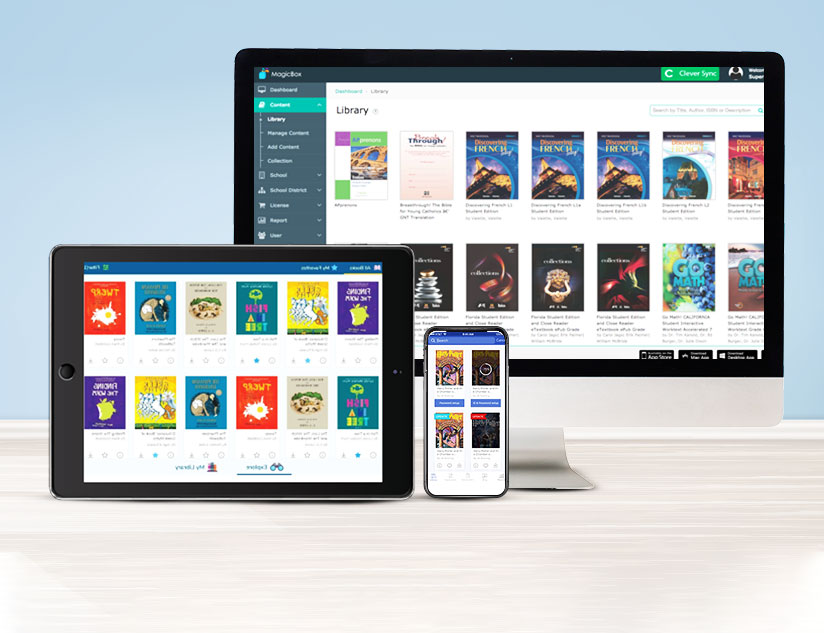eBook publishing platforms have greatly expanded the reach and accessibility of published content. eBooks have found widespread acceptance amongst publishers and readers for several reasons. For publishers, it means quicker dissemination of content, visibility on acceptance of published content, better pricing opportunities, post-purchase engagement with the readers, retargeting the reader, etc. On the other hand, for the reader, it means low prices, increased accessibility, ease of usage, and comfort of reading amongst other benefits.
The eBook market was worth $18.13 billion in 2020 and is expected to reach a valuation of $23.12 billion by 2026, growing at a CAGR of 4.9% from 2021 to 2026. Apart from the above factors, several other reasons will be responsible for this growth, such as greater affinity of millennials and Gen Z for digital solutions. In addition, technological advancements have led to reading devices becoming increasingly sophisticated, while the rising penetration of smartphones and multilingual features of eBooks will lead to a rise in global demand.
Some of the largest publishing houses have already adopted eBook publishing and distribution platforms, while others are looking to make the most of this growth opportunity. However, for seamless transition to the digital format and long-term success, it is important to choose a powerful platform that offers all the features that will ease the publishing journey, while supporting the monetization of content and offering users a satisfying experience.
Take a look at the most important features to look for before choosing a digital eBook publishing and distribution platform.
Compatibility with Content
By now everyone in the publishing industry is familiar with the ePub format. The ePub format is a universally accepted format for eBooks. While publishing companies prefer a file format that is the exact reproduction of a print page, one has to keep in mind that while such an eBook might look great on a desktop screen, it may get difficult to read it on smaller screens.
Therefore, choose a platform that not only allows you to effortlessly convert legacy content into IDPF-compliant ePub 3 format, but also ensures reflowable content that adjusts to the screen size of the readers’ device. In addition, platforms that allow users to search the eBook using keywords, download the entire book for offline reading, and make notes and highlight sections of the book even in the offline mode enhance the reading experience for users.
Browser/OS Compatibility
The eBook publishing platform should be compatible with all popular browsers, as well as common operating systems like iOS, Windows, Android, Linux and Chromebooks. In fact, Chromebooks account for a major share of the devices used in schools, with Google reporting that 30 million students were using Chromebooks for education in 2019. The pandemic led to a surge in adoption of digital learning, leading Canalys to report that Chromebook shipments increased a staggering 287% in Q4 2020, compared to Q4 2019. However, for students belonging to lower income households, smartphones are the more common way to access digital content.
Flexible License and Subscription Management
A good eBook publishing and distribution platform will help you manage your subscribers on any device and from any location. Tracking the entirety of a subscription is very important. It should help you easily organize, search, and distribute content in bulk, while being able to handle customer signups automatically. A feature that allows you to choose the product type and payment systems also lets you easily add/edit/delete your customers’ subscriptions, view reports, and run batch operations, etc. Also, with the flexibility to offer different licensing models, you get to enhance the monetization opportunities and increase reach.
Powerful Digital Rights Management and Encryption Technology
DRM or Digital Rights Management is designed to prevent piracy, which implies that it would prevent the illegal copying and distribution of your eBook, post its sale. When selecting a digital content distribution platform, ensure that it has powerful encryption technology in place, so that only authorized users can download and use the content. Irrespective of the type of file you upload, your chosen platform should automatically convert your eBook into a DRM-locked yet standard format.
Text-to-Speech and Other Features for ELT Content
Make sure that your eBook is readable by JAWS/VoiceOver and the distribution platform has features that support products like ReadSpeaker. If you have audio files of recordings of all the text, check for attributes such as synchronized highlighting on the publishing platform (SMIL support). These features are crucial to ensure accessibility for the differently abled users.
Support for All Content Types
It is also important that the platform allows the addition of multimedia elements, such as videos, animations, simulations, games, audio, etc., to the content. Including these features in an eBook can increase reader engagement. The eBook publishing platform should also differentiate between caption and alternative text efficiently. Similarly, it should be able to read row and column labels and content within a table accurately in the natural reading order.
Flexible Pricing
Different publishing platforms have different pricing models for their services. With flexible pricing, you can benefit from a pay-as-you-go model. This way, you can opt for a full-service model, at a fixed monthly subscription, for their all-inclusive pricing, or start with a conservative service offering and then change the pricing plan based on the performance.
Some platforms allow publishers to publish for free in exchange for a share of the revenue. The concept of revenue sharing is good for micro-budget publishers who wish to avoid upfront expenses.
Powerful Analytics and Reporting
To build a marketing strategy backed by consumer data and insights, choose a platform with powerful backend analytics and reporting. Analytics will help you track user trends so that you get to make informed, data-driven business decisions. Choose a platform that allows you to engage with your readers through feedback, suggestions and issue resolution as well.
Easy to Customize
The interface/features of the eBook publishing platform should be immensely customizable and configurable. A good platform supports powerful user interface configuration. This will ensure that you can customize the product and provide your users the same brand experience that they have come to expect from you.
The Way Forward
The publishing industry is continuously evolving. The COVID-19 pandemic has given a push for digital transformation like never before. Several publishing companies have spent millions of dollars in building a platform from scratch that simply does not justify the investment. Why would you reinvent the wheel when you can access powerful digital platforms that are proven to ease content creation and distribution?
MagicBox is an end-to-end digital publishing platform that enables publishers to create, sell, manage, and distribute content through custom web and mobile apps. MagicBox is a white-labeled platform that helps publishers create a beautiful brand experience for their users. To learn more about how the platform can help your business, contact us today.













